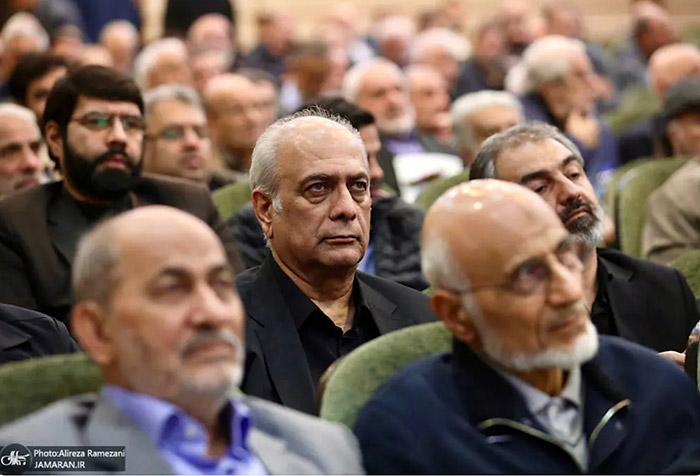Habibollah Asgarovaladi was born in 1932 into a traditional Tehran bazaar family originally from Damavand. The bazaar class held a unique place in Iranian society—deeply religious, socially rooted, and economically influential. Throughout Iran’s modern history, the bazaar had provided financial and logistical support for religious networks and political activism. It was from this milieu that Asgarovaladi’s worldview and political commitments emerged.
Growing up in the bazaar environment exposed him to the networks of merchants, clerics, and Islamic activists who would later form the backbone of the Revolution. Even in his youth, he showed a strong inclination toward religious principles and political action. As a teenager, he became involved in underground Islamist groups that opposed the Pahlavi monarchy and resisted its secularizing, Westernizing reforms. His activism quickly drew the attention of the security apparatus, beginning a lifelong pattern of political engagement framed around resistance, ideology, and perseverance.
His family ties were also significant. His brother, Asadollah Asgarovaladi, became one of the most prominent businessmen in Tehran, known internationally and serving as the head of the Iran–China Chamber of Commerce. The Asgarovaladi family came to symbolize the fusion between the Islamic Republic’s conservative politics and its powerful bazaar-based economic interests.

